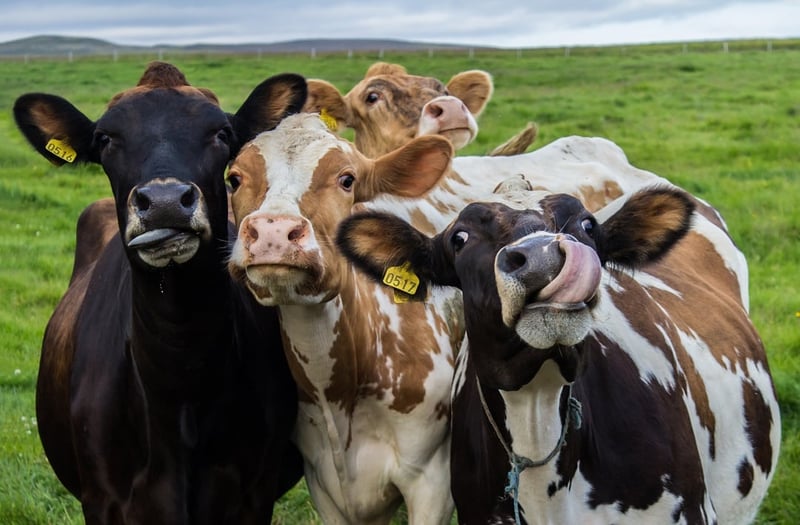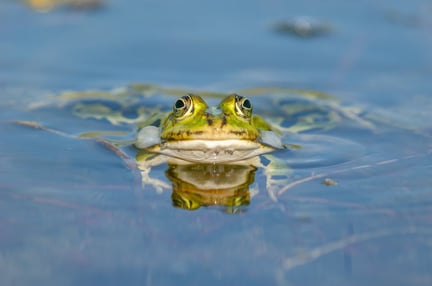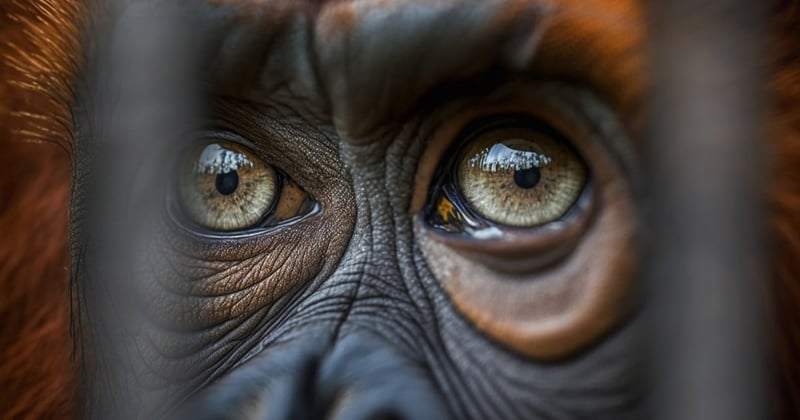
What is animal sentience?
Blog
Animal sentience refers to the capacity of animals to have subjective experiences, thoughts, feelings, and individual personalities. Scientific research irrefutably proves that animals can experience a range of emotions, both positive and negative.
Animals have their own distinct inner lives, preferences, desires, and needs. While we may not always fully comprehend what they are, we can use our understanding of animal sentience to monitor and measure their emotional well-being. By doing so, those who care about animals can do a better job of not causing pain and distress, and ensuring they experience positive emotions as well.
What is sentience?
Sentient comes from the Latin verb sentire, which means “to feel”. Sentience is the ability to feel a range of emotions and feelings, such as pleasure, pain, joy, and fear.
Are animals sentient beings?
Yes! While it is most commonly recognized that mammals possess sentience, advancements in scientific research and an increasing body of evidence have demonstrated that an ever-expanding circle of animals, including fish, birds, and even invertebrates, also exhibit signs of sentience.
Animal sentience refers to animals’ ability to perceive and experience emotions like joy, pleasure, pain, and fear. Some animals are even capable of experiencing more complex emotions such as grief and empathy, such as elephants. Recognizing animals as sentient beings emphasizes the importance of their emotional as well as physical well-being.
The acknowledgment of animals' ability to experience both positive and negative states serves as the driving force behind the animal welfare movement and the reason why laws aimed at protecting animals exist.
What makes an animal a sentient being?
Our understanding of animal sentience still varies depending on the species, as some groups of animals, such as mammals, have received far more attention than others.
Vertebrate species
It is generally accepted that vertebrate species are sentient. This includes mammals, birds, reptiles, amphibians, and fish.
Mammals
Sentience is most often attributed to mammals, as they possess highly developed nervous systems and exhibit complex behaviours indicative of subjective experiences and emotions. Mammals, including primates, pigs, whales, dolphins, and dogs, have shown remarkable cognitive abilities, social interactions, and self-awareness, providing strong evidence of their sentience and capacity for conscious awareness. Scientists have even found complex neurons, once believed to be unique to humans, in several species of cetaceans, primates, and elephants.

Birds
Although birds have evolved different brain structures to ours, they still have what they need to process experiences and feel emotions. In fact, chickens demonstrate empathy, and magpies appear to feel grief. Studies on avian species such as corvids (crows and ravens) have revealed their advanced problem-solving skills, tool use, and complex social interactions.
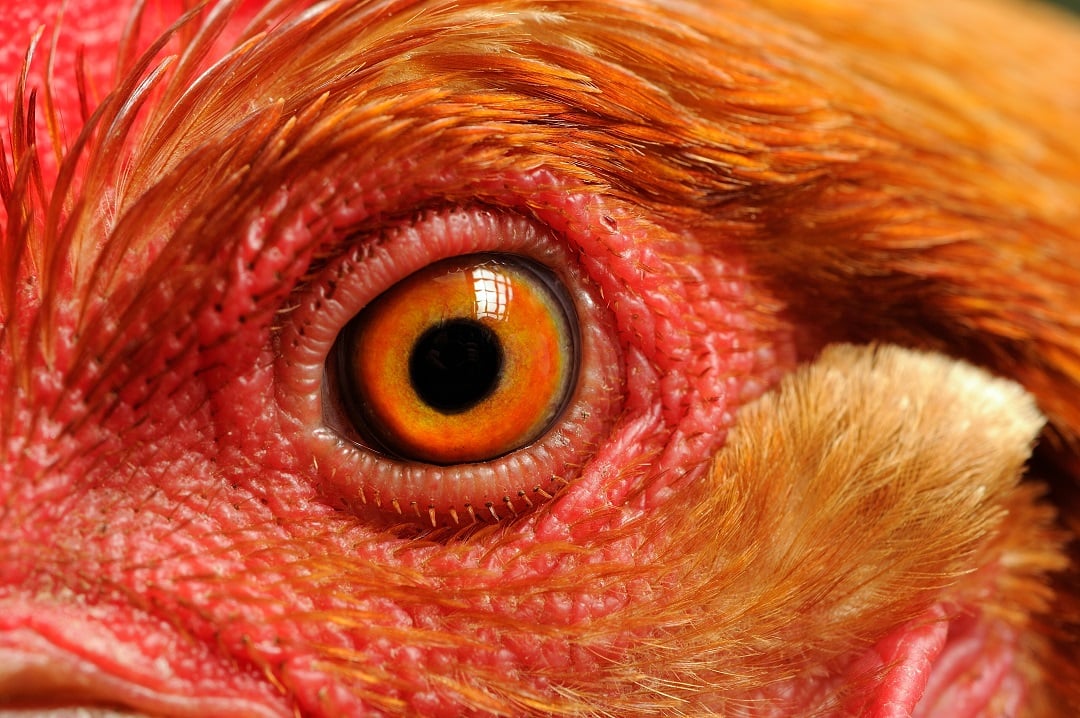
Reptiles, amphibians, and fish
Other groups of animals, such as reptiles, amphibians, and fish, are often dismissed as cold-blooded and incapable of feeling. But, this is simply not true. Just like vertebrates, they possess the physiological and neurological requirements for conscious experiences, and their behaviour indicates that not only can they feel, but that their feelings matter to them.
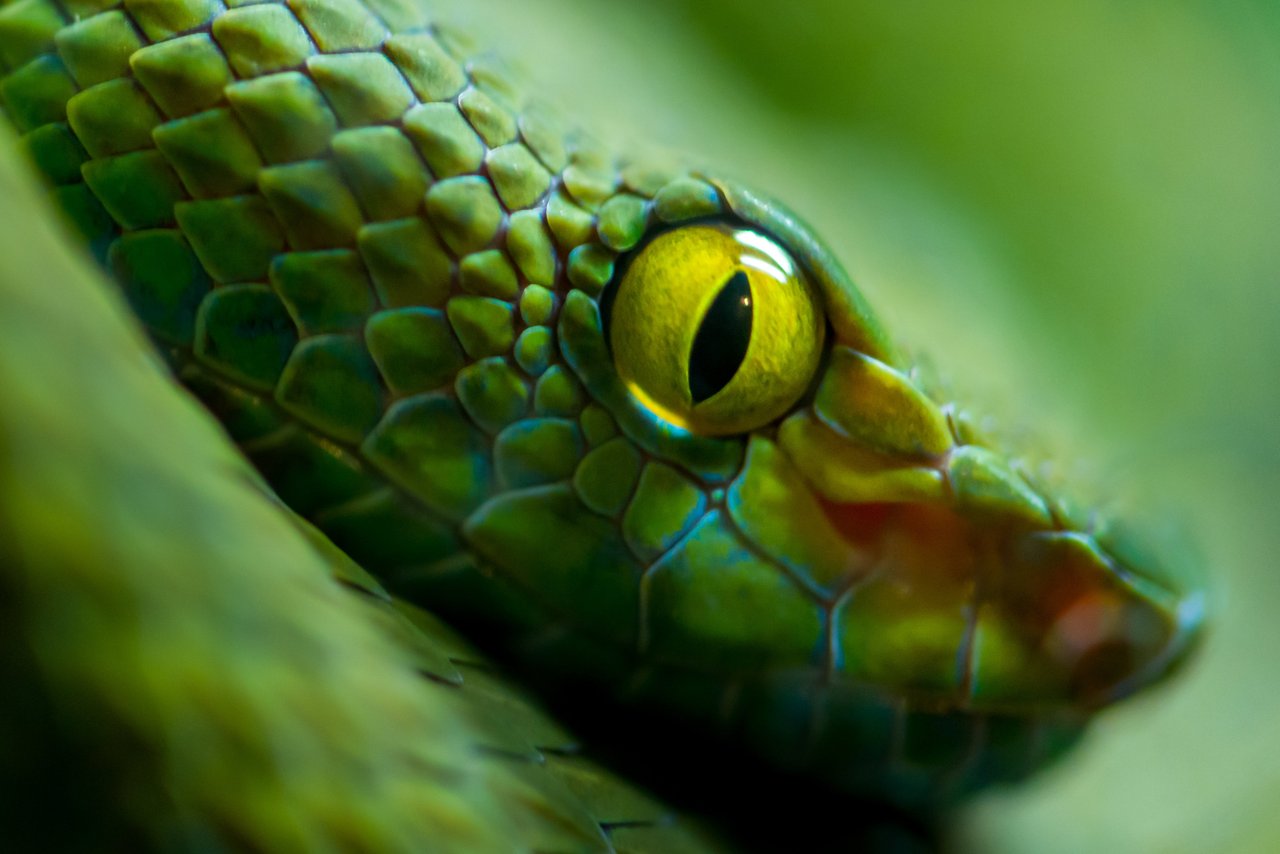
Invertebrate species
Beyond vertebrates, scientists are also uncovering more about the subjective lives of invertebrates too.
Research has shown considerable evidence for a wide range of cognitive abilities in insects, as well as evidence for important sentience traits, including the ability to experience emotional states such as stress.
Numerous studies have explored whether cephalopods, like octopuses and squids, and decapod crustaceans, like crabs and lobsters, can feel important states like pain and fear. The evidence is clear, these invertebrates may not have the same anatomy and brain structures as we mammals do, but they are sentient, and they can feel a range of emotions and experiences.
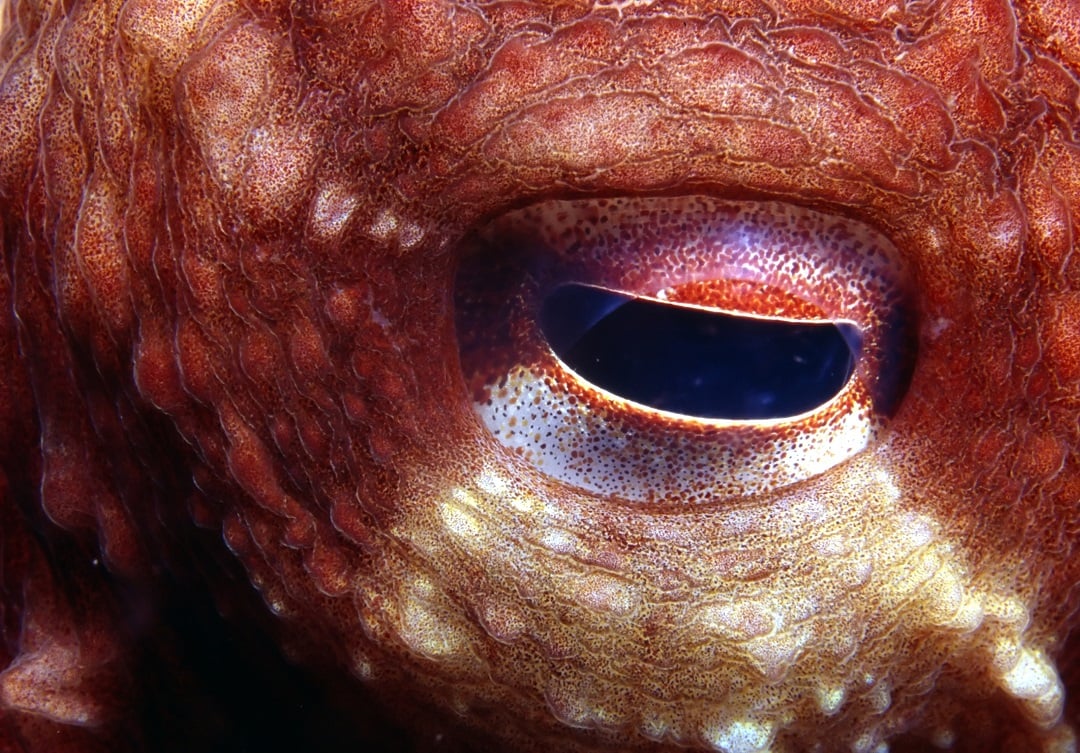
Why is animal sentience important?
Many people underestimate the significance of an animal's emotions or dismiss them as subjective and difficult to comprehend or quantify. However, this is not accurate. Over the past two decades, scientific knowledge about animal sentience has greatly advanced.
Scientists now have a wide range of tools to measure and understand the emotional experiences of animals, and these can be used to ensure that animals have the lives they deserve. For instance, by observing postures and behaviour, we can gain valuable insights into how animals feel. The study of animal sentience is also uncovering the remarkable abilities of different species.
We firmly believe that every animal matters. We strive to understand the world through their perspectives and give them a voice. Sentience lies at the core of everything we do.
World Animal Protection remains committed to promoting this field of science and showcasing the growing body of research that demonstrates the diverse range of the emotional lives of animals.
In our efforts to end factory farming, we will continue to use the growing body of research on animal sentience to demonstrate that intensive systems cannot adequately meet the needs of these complex, sentient beings.
As we continue to campaign for wild animals, companies, customers and tourists will increasingly recognize the importance of protecting sentient beings from the cruelty seen in the wildlife trade and entertainment industries.
To truly understand animals' perspectives and ensure that their voices are heard, it is crucial for us to continue our work to educate and raise the public’s understanding of animal sentience.
Continue learning about sentience:
-
Do cows have best friends?
Blog
If you think cows are just big, grazing animals, think again. These gentle giants are surprisingly social and...
-
What's your cow personality?
Blog
Cows have personalities as unique as their distinct markings. Some are fearless leaders while others are wall flowers....
-
Why frogs are essential
Blog
Frogs are nature's pest controllers and waterway guardians. Discover how these small amphibians play a mighty role in...

